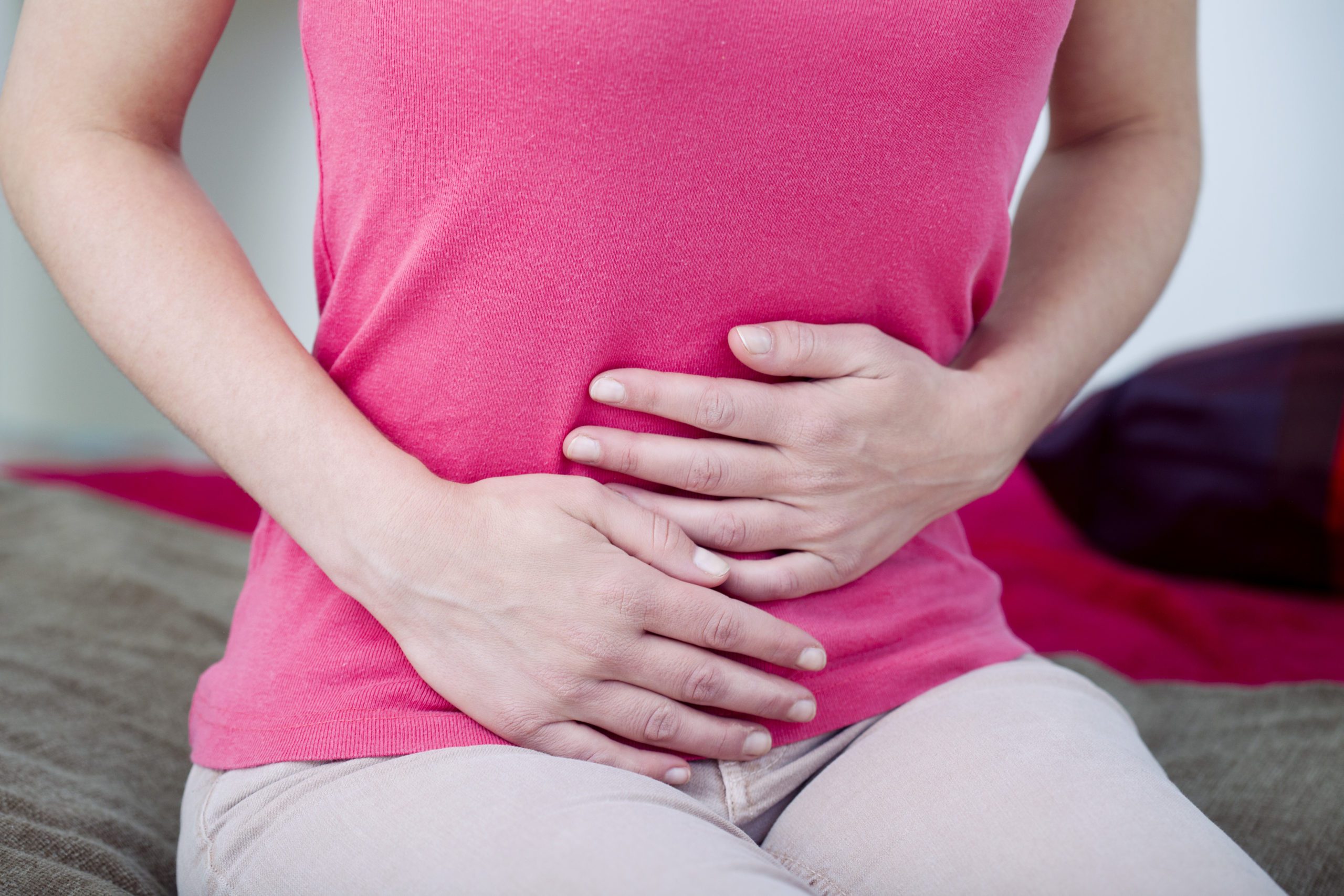Pelvic pain is pain that occurs just below the abdominal area and can have many causes in women. It is never wise to ignore pelvic pain as it usually indicates a medical problem that requires treatment. You should consult a doctor if you experience such pain to take the right preventative measures before the condition worsens.
The most common cause of pelvic pain in women is pregnancy. Acute pelvic pain lasts a few minutes to a few days, but chronic pain can last six months or longer. Pelvic pain can have various reasons, from UTIs and STDs to ovarian cysts. Consult with a los angeles pelvic pain expert today.
Possible causes of pelvic pain in women
- Ovarian cysts.
If you have ovarian cysts that bleed or leak pus, you may experience sharp pain in your pelvic region. This is one of the most common causes of acute pelvic pain. The pain is severe and sharp and increases when the cyst ruptures or twists. Small cysts usually are not a problem and resolve on their own within two or three menstrual cycles. However, larger cysts that do not go away within a few months may require medical treatment.
- Urinary Tract Infection (UTI).
A urinary tract infection or UTI happens when there is a bacterial infection in your urinary tract. While the condition can happen in both males and females, it is more common among women. About 50-60% of women experience a UTI at least once in their lifetime, usually in their bladder. Symptoms other than pelvic pain may include the following:
- uncontrollable feeling to urinate
- blood in urine
- side and back pain
- fever
- burning or pain while urinating
- strong-smelling urine
- Sexually-transmitted diseases.
Chlamydia and gonorrhea are two of the most common sexually-transmitted diseases, and pelvic pain is often the first warning sign. However, it can be tricky to determine if you have these conditions since STDs do not always present symptoms. When they do, you may experience bleeding between periods, pain while peeing, and abnormal vaginal discharge. If you believe you have an STD, get your partner checked as well to avoid spreading the condition.
- Hernia.
A hernia happens when a tissue or organ pushes through a weak part of your chest, abdomen, or thigh muscles, creating a painful and achy bulge. The bulge can be pushed in with your finger or when you lie down. However, that does not mean it is a condition to ignore. Hernia can cause pain that gets worse when you laugh, cough, bend over and do certain activities.
